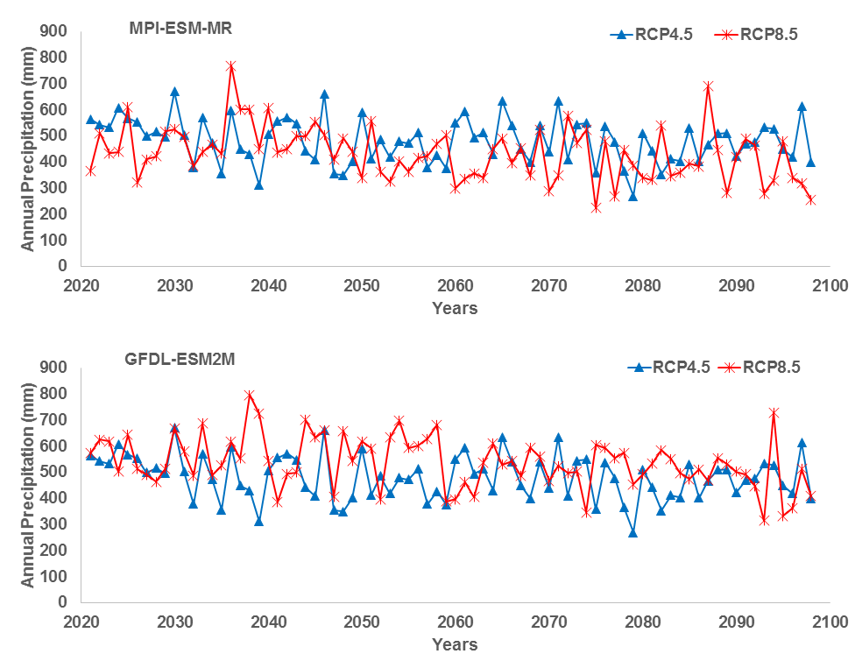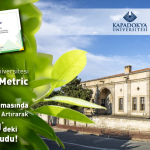Authored by Mehmet Soylu and Filiz Dadaşer Çelik, this article analyzes the impacts of climate change on the potential groundwater recharge capacity in the Palas Basin. Published in the European Journal of Engineering and Natural Sciences (EJENS), the study aims to evaluate the future sustainability of water resources in the agricultural sector by utilizing regional climate scenarios.
Climate change poses a significant threat to the sustainability of groundwater resources. In this study, we aimed to determine how climate change can affect groundwater recharge potential in the Palas Basin. Palas Basin is a semi-arid closed basin located in Kayseri, in the central Anatolia region of Turkey. Agriculture is the significant economic activity in the area, and groundwater is used extensively for irrigation. In this study, we estimated potential groundwater recharge for the Palas Basin under two representative concentration pathway (RCP) scenarios (RCP4.5 and RCP8.5) projected by the HadGEM2-ES, MPI-ESM-MR, GFDL-ESM2M global climate models. All models projected a decrease in mean annual potential groundwater recharge under the RCP8.5 scenario. Under the RCP4.5 scenario, the yearly potential groundwater recharge trends were downward according to the HadGEM2-ES and MPIESM-MR models but slightly positive according to the GFDL-ESM2M model. For the sustainability of the groundwater system and agricultural activities in the basin, climate change adaptation strategies should be developed for the agricultural sector.
This publication was originally written in English. Click here to access the full text of the article.
Soylu, M., Dadaşer Çelik, F. (2021). “Climate Change Impacts on Potential Groundwater Recharge in the Palas Basin, Turkey.” Article: European Journal of Engineering and Natural Science (EJENS), Vol. 6, Issue 1, pp. 52–59.
























